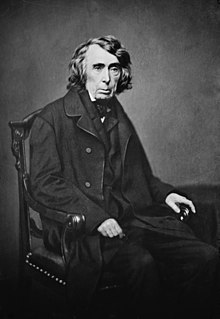A Quote by Jerry Fodor
Methodological individualism is the doctrine that psychological states are individuated with respect to their causal powers.
Quote Topics
Related Quotes
Psychologism is, I believe, correct only in so far as it insists upon what may be called 'methodological individualism' as opposed to 'methodological collectivism'; it rightly insists that the 'behaviour' and the 'actions' of collectives, such as states or social groups, must be reduced to the behaviour and to the actions of human individuals. But the belief that the choice of such an individualist method implies the choice of a psychological method is mistaken.
Individualism is at once an ethical-psychological concept and an ethical-political one. As an ethical-psychological concept, individualism holds that a human being should think and judge independently, respecting nothing more than the sovereignty of his or her mind; thus, it is intimately connected with the concept of autonomy. As an ethical-political concept, individualism upholds the supremacy of individual rights
Every state has an undoubted right to determine the status, or domestic and social condition, of the persons domiciled within its territory except insofar as the powers of the states in this respect are restrained, or duties and obligations imposed upon them, by the Constitution of the United States.
I consider the foundation of the Constitution as laid on this ground that 'all powers not delegated to the United States, by the Constitution, nor prohibited by it to the states, are reserved to the states or to the people.' To take a single step beyond the boundaries thus specially drawn around the powers of Congress, is to take possession of a boundless field of power not longer susceptible of any definition.
The quantity and quality of consciousness, one may say, have always been growing throughout geological times. In this respect man, in whom nervous organisation and therefore psychological powers have attained an undisputed maximum, may be considered, scientifically, as a natural centre of evolution of the primates.









































